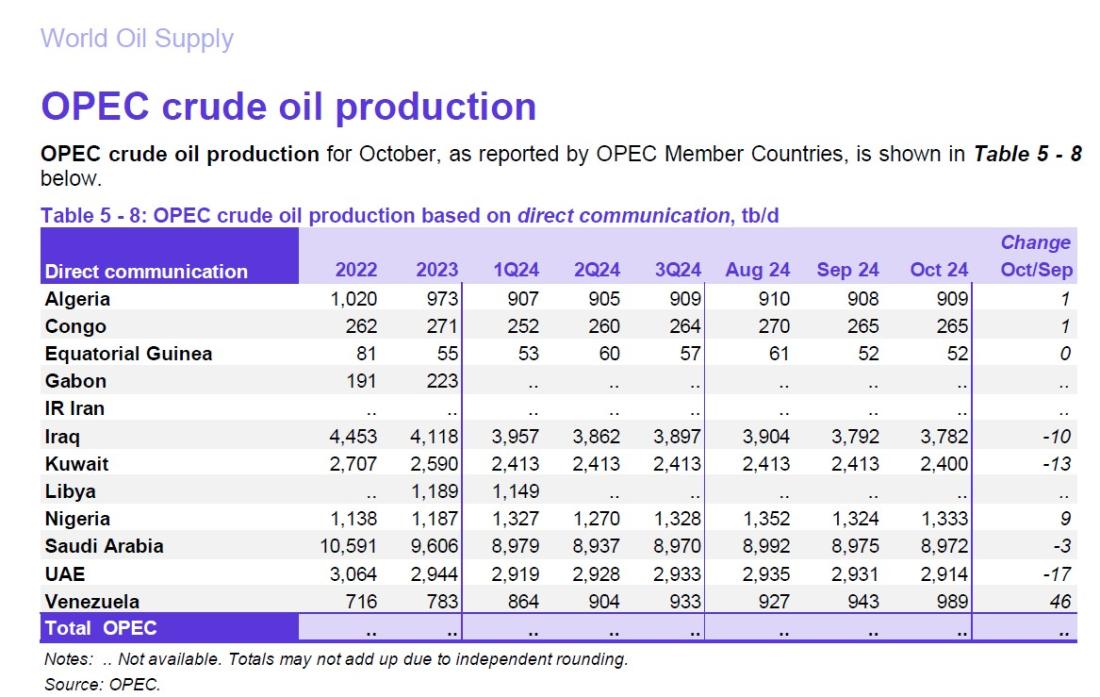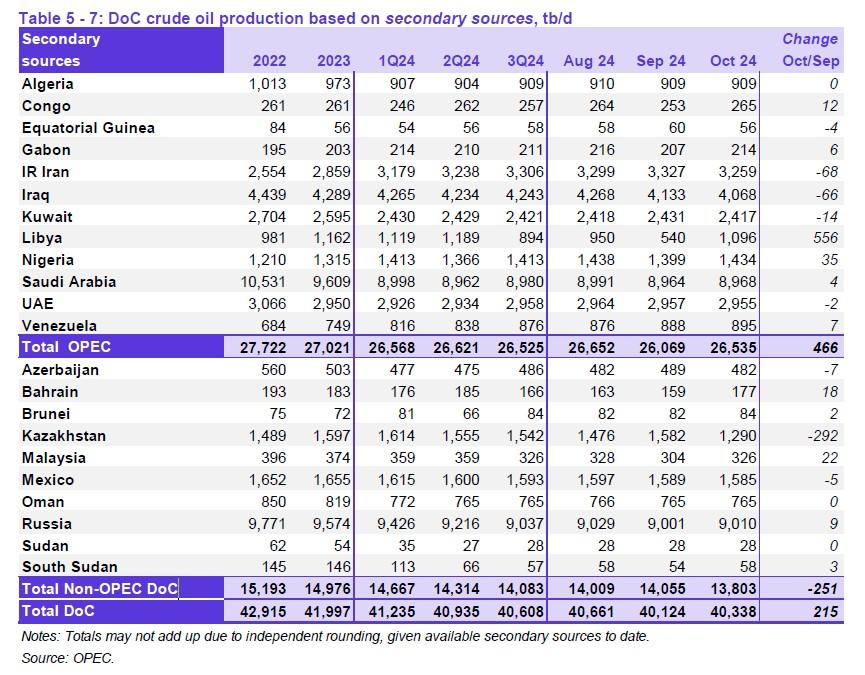
Posts falsely claim Rivers governor shut down operations of oil companies in Nigerian state
- This article is more than one year old.
- Published on November 19, 2024 at 16:20
- 3 min read
- By Oluseyi AWOJULUGBE, AFP Nigeria
“The power of a state governor. As Nyesom Wike collaborated with the court in Abuja to stop River state allocations. In return, Governor Sim Fubara of River state shuts down NNPC and all oil companies in Rivers state, declares no allocation for Rivers state, no oil for Nigeria (sic),” wrote an X user on October 31, 2024.
Shared more than 600 times, the post also claims Nigeria dropped in the global oil production ranking from 4th to 24th within minutes of the purported order.

The claim has also appeared on Facebook here and here.
Power struggle
Siminalayi Fubara was elected governor of the oil-rich Rivers state in March 2023. He succeeded Nyesom Wike, a lawyer who has now been appointed as minister in charge of Nigeria’s capital city, Abuja, by President Bola Tinubu.
Shortly after his inauguration, Wike and Fubara became embroiled in a battle over control of the state (archived here).
The tussle resulted in a failed impeachment attempt and a dispute among state legislators who sued Fubara for breaching constitutional requirements by presenting the annual budget to a four-member legislature rather than a fully constituted parliament (archived here).
Ruling in favour of the lawmakers, a judge in the federal high court in Abuja ordered the state’s accounts to be frozen and allocations to the state withheld (archived here).
The judgement is on appeal (archived here).
'Concocted propaganda'
The Rivers state government denied shutting down the facilities of oil companies (archived here).
“The report was not only false but concocted propaganda from the imagination of the author and enemies of the state,” read a statement signed by Joseph Johnson, the state’s commissioner for information and communication, and sent to Nigerian media outlets.
“We, therefore, enjoin Rivers people and well-meaning Nigerians to discountenance the spurious and fake report as Governor Fubara at no time contemplated and/or directed such needless order of shutting down the economy for any reason.”
Nelson Chukwudi, the chief press secretary to the Rivers state governor, also told AFP Fact Check that oil companies were carrying out their operations undisturbed.
Evidence of this lies in the data.
Higher crude production
Nigeria is a member of the Organization of Petroleum Exporting Countries (OPEC), an association of oil-exporting countries that ensures stable prices and supply in the global crude oil market.
OPEC publishes a monthly report on the oil market. The November edition contains data on the quantity of crude oil produced by OPEC member countries and partners in October 2024.
According to OPEC, Nigeria produced an average of 1.33 million barrels of crude oil daily in October 2024.

This is an increase of 9,000 barrels from the 1.32 million barrels produced in September 2024.
Adewale Dosunmu, a professor of petroleum engineering at the University of Port Harcourt in the Rivers state capital, said an increase in production would not be possible if oil exploration facilities had been shut down.
“Rivers state is a major hub for oil exploration activities in Nigeria. A disruption would have negatively impacted Nigeria’s oil output for October. It would have also made global news given that many international oil companies operate in Rivers state including Chevron, Shell and domestic ones like Oando and Seplat,” he told AFP Fact Check.
False ranking
The claim that Nigeria ranked fourth in global oil production and then dropped to 24th is also false.
Data from the US Energy Information Administration showed that the average daily production of the world’s top 10 crude oil producers ranged from 21.9 million barrels per day to 2.9 million barrels per day in 2023 (archived here).
According to OPEC data, Nigeria’s average daily crude oil production was 1.3 million barrels per day – far less than the top 10 biggest producers globally.
OPEC has a declaration of cooperation with 22 countries, including 12 member countries to regulate crude oil supply to the global market.
Other oil-producing countries including the US, Canada, Brazil and Angola are not a part of the agreement.
Based on October production numbers, Nigeria was the eighth-largest crude oil producer among OPEC members and partner countries.

This is slightly higher compared to September when Nigeria was ranked ninth.
Copyright © AFP 2017-2026. Any commercial use of this content requires a subscription. Click here to find out more.
Is there content that you would like AFP to fact-check? Get in touch.
Contact us




